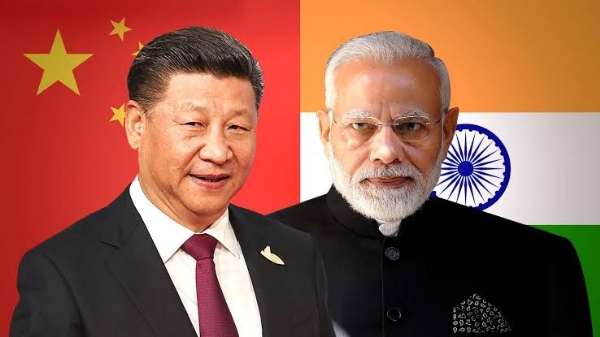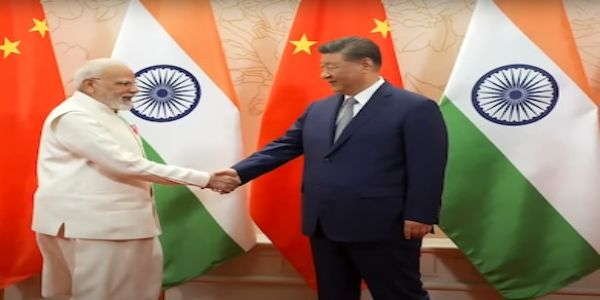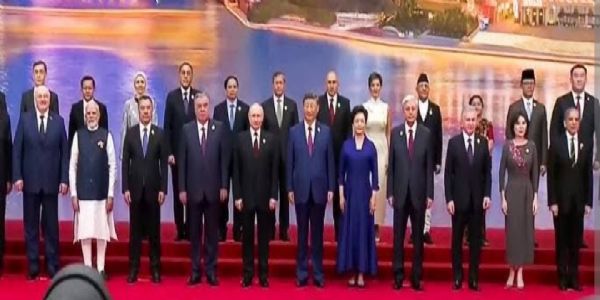
Delhi, 31 August (H.S.): Prime Minister Narendra Modi and Chinese President Xi Jinping have commenced their long-anticipated bilateral meeting on the sidelines of the Shanghai Cooperation Organisation (SCO) Summit in Tianjin, northern China. This encounter marks Prime Minister Modi's first visit to China in seven years and unfolds against the backdrop of concerted diplomatic efforts to reset and stabilise India-China ties, which have been strained since the 2020 Galwan Valley clashes.
Scheduled for about forty minutes, the discussion between these two pivotal Asian leaders carries significant geopolitical and economic importance. They are expected to deliberate on a broad spectrum of pressing issues, including trade normalization, rare earth resource cooperation, terrorism, and ongoing efforts to ensure peace and stability along their shared border. The dialogue builds upon recent progress made during Chinese Foreign Minister Wang Yi’s visit to New Delhi, which culminated in a ten-point consensus on border management and the establishment of an expert group to work towards boundary delimitation.
This meeting also assumes heightened significance amid the current global trade environment, especially given the recent imposition of steep tariffs by the United States on Indian goods, which has intensified economic pressures on India. PM Modi has underscored the responsibility both India and China share as major global economies to collaborate towards stabilizing a fragile world economy.
In addition to the Modi-Xi meeting, the SCO summit is a strategic podium where Prime Minister Modi will engage with other global leaders, including a forthcoming meeting with Russian President Vladimir Putin, highlighting India’s delicate balancing act in navigating its international relations amid evolving geopolitical dynamics.
The key takeaways from the Modi-Xi Jinping meeting at the SCO Summit 2025 in Tianjin are as follows:
-The meeting marked a significant diplomatic step aiming to reset and stabilise India-China relations after years of tension since the 2020 Galwan Valley clashes. Both leaders approached the talks with a long-term, strategic perspective to move bilateral ties forward.
-Discussions covered a broad range of critical issues including trade, rare earth resources cooperation, terrorism, and border peace. There was a focus on restoring normalcy to people-to-people exchanges, such as resuming direct flights and facilitating visas for tourists and business visitors.
-Both sides agreed on the importance of maintaining peace and tranquillity along their shared border through diplomatic and military channels. An expert group under the existing Working Mechanism for Consultation and Coordination (WMCC) was endorsed to explore early progress in boundary delimitation.
-The meeting also assumed added importance amid global economic turbulence, especially considering the US's recent high tariffs on Indian goods. Both India and China acknowledged their responsibility as major economies to collaborate on stabilising the fragile global economic environment.
-Progress has been made recently, such as the resumption of the Kailash Mansarovar Yatra for Indian pilgrims, and the agreement to renew official bilateral dialogue mechanisms to address mutual concerns and enhance cooperation.
-Modi’s visit and talks with Xi are part of a wider strategic balancing effort, including engagements with Russian President Vladimir Putin and Myanmar’s acting president, highlighting India’s multifaceted diplomatic approach.
-No major breakthrough announcements were expected, but the meeting built on constructive outcomes from earlier rounds of border talks and aimed to inject new momentum into bilateral relations and regional cooperation frameworks like the SCO.
---------------
Hindusthan Samachar / Jun Sarkar








